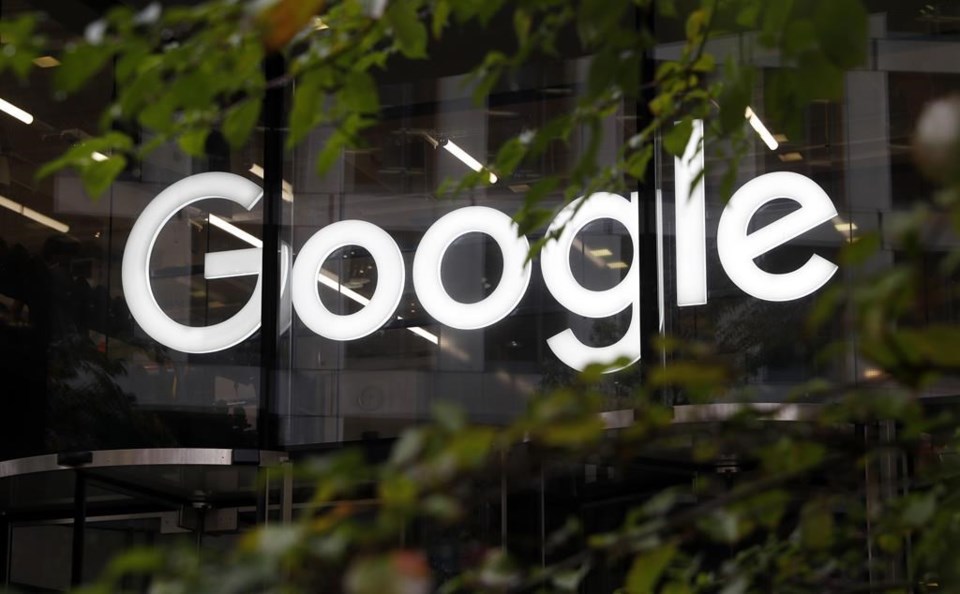It’s time to turn our tech giants into public utilities like Canada Post.
It’s not a crazy idea if you follow the lawsuits against big tech down in the US.
The Ohio Attorney General Dave Yost has been hammering this point including in a New York Times Op-ed from a couple years ago where he pointed out almost 90 per cent of the internet search market is controlled by one company - Google.
And the idea has suddenly become a lot less crazy on this side of the border following the decision by Google and other social media platforms to suppress Canadian news rather than give news outlets their fair share of advertising revenue as required under Bill C-18.
There might be a forest fire down the road about to burn your town down and you might not hear about it because Google blocked the news. Sooner or later these tech giants will have blood on their hands.
If a company in a monopoly power position plays games with the public interest like this, potentially risking human lives to earn their undeserved billions, well the public has every right to do something about it.
We either regulate those services with a clear, democratically-informed set of criteria or we take control of it as a public utility. Just like Canada Post and the service it was based on, the Royal Mail.
Yes, I know there is a hysterical campaign opposing this concept. I hear a Trudeau-owned Facebook will shove government-approved narratives down our throat and will spy on political opponents just as John Thurloe did when he ran Royal Mail back in Oliver Cromwell’s time.
There are indeed historic and contemporary examples that should give us concern about government involvement in the distribution and control of information.
But we trust Canada Post to distribute information without a political agenda, right?
And I do believe the undemocratic and untouchable power of the internet titans over our lives is far worse.
Their power is also unjustified.
I’m old enough to remember if you wanted to find a business or a friend, you opened the phone book. If you wanted to find out what was happening, you bought the Prince George Citizen or you went to the public library.
We need to recognize that these social media and internet giants aren’t producing any kind of original content. All they have done is repackaged the source material, including your very identity, in an easily digestible online format they’ve financialized and monopolized.
The government has been terrible at running web pages so I don’t know how we go about challenging this on the technical and user-interface side of things.
But I would sacrifice some bells and whistles for an internet platform that doesn’t censor news, doesn’t manipulate us with algorithms, shares advertising revenue with creators, and is run like the public utility that it by definition is.
James Steidle is a Prince George writer.



